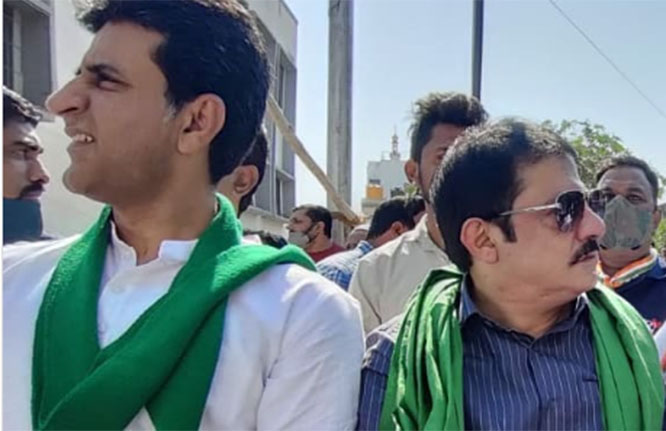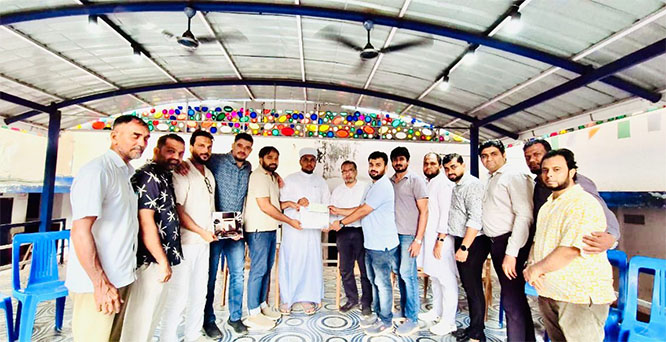Mangaluru, Sept 13: Former minister and incumbent Mangalore MLA U T Khader alleged that food, immunity and safety kits being distributed to construction labourers through the labour department by the government were being misused.
"There is a need to conduct a thorough investigation into the alleged misuse of kits," he demanded while addressing media persons at Circuit house on Sunday.
"The rice, which was part of the food kit, had worms. The other two kits were not much beneficial. According to the available information, the government had spent Rs 2,500 to Rs 3,000 per kit. Fund from Karnataka Building and Other Construction Workers' Welfare Board was misappropriated," he charged.
"The cost per immunity kit was Rs 700. An amount of Rs 600 was spent on each safety kit containing sanitiser, soap, masks and others," Khader said. In the Mangalore constituency, only 5,000 such kits were distributed. While in other constituencies, 10,000 to 15,000 such kits had been distributed. Crores of rupees have been misappropriated in the name of kits for labourers," he alleged.
Khader said that fishermen are not getting subsidies for diesel on time. "I will raise the issue of Udupi-Konaje health corridor, metro rail survey and other issues in the session."
Khader claimed that no houses for the poor had been sanctioned in Karnataka after the BJP government came to power. The MLA said that the government had directed to conduct the survey of the homeless before the election.
"But, the poor are still waiting for a roof over their head. The issue of housing projects will also be raised in the session," he added.







Comments
Add new comment